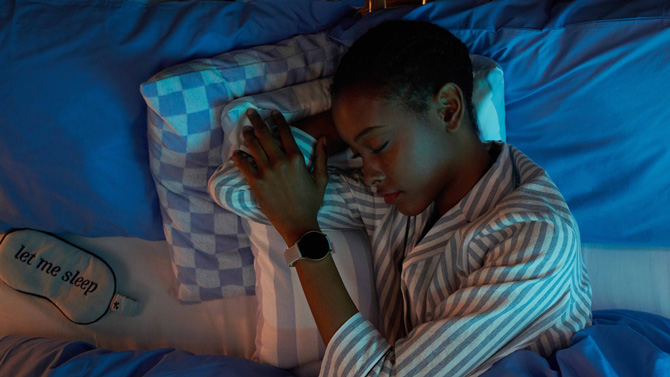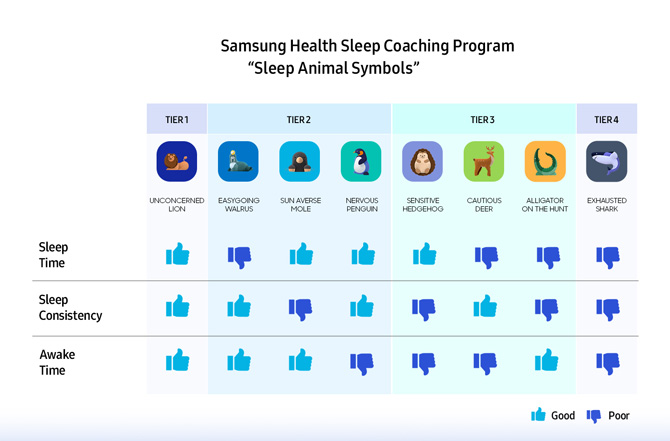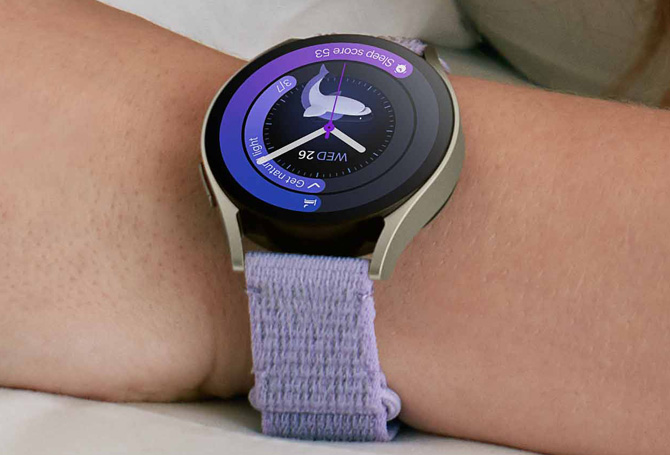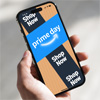In recent years, the quest for better sleep has become a notable priority in health, but are we sleeping any better? Samsung conducted a mammoth sleep study, analyzing 716 million nights of sleep from its global user base of Health app users, to attempt to answer that pertinent question. Unfortunately, the data paints a stark picture of a global sleep crisis.

The study unveils a minor yet critical dip in global average sleep duration – from 7 hours and 3 minutes to 6 hours and 59 minutes, dipping below the 7-hour threshold recommended by the National Sleep Foundation. Equally concerning is the uptick in awake time during sleep, indicating a decline in sleep efficiency – the ratio of actual sleep to the total time spent in bed. The pattern of deteriorating sleep quality crosses age, gender, and geographical boundaries.
However, there are some notable demographic trends. While everyone exhibited a downturn in sleep efficiency, women faced a sharper decline over the last year. Age-wise, the older demographic, particularly individuals over 70, showed nearly double the reduction in sleep efficiency compared to those in their 20s. Geographically, North America bore the brunt of the sleep efficiency decrease, whereas Asia had the lowest. Outside of Europe and North America, all regions reported less than seven hours of sleep duration.
The study also highlighted the issue of sleep debt: the discrepancy between weekday and weekend sleep amounts. Younger individuals in their 20s displayed nearly double the sleep debt of those in their 70s. Latin America had the most significant sleep debt by region, while Asia had the shortest. On average, globally, an extra 44 minutes of sleep is clocked on weekends.
Read more: Are you a pickleball player? Find out how its health benefits stack up against tennis.
To help people better understand their sleep behaviors, Samsung introduced a novel concept of Sleep Animals in its Health app. Notably, a third of the participants worldwide identified with “Nervous Penguins” – those with healthy circadian rhythms but with frequent sleep interruptions. This category aligns with the global trend of dwindling sleep efficiency. You can identify your Sleep Animal in the chart below (I’m Exhausted Shark).

There was good news coming out of the study. Samsung found that Sleep Coaching programs aimed at enhancing sleep quality through small daily habit changes work. A notable portion of users experienced an improvement in sleep quality, migrating to higher 'Sleep Animal' tiers with continuous coaching. For instance, a whopping 94% of users identified as 'Exhausted Sharks' reported improvement reported improvement after two months of sleep coaching.

Want to try out Samsung’s Sleep Coaching program for yourself? You’ll need an Android phone running Android 10 or higher and a Samsung Galaxy Watch. If you don’t have a Galaxy Watch already, I recommend the new Galaxy Watch6 (starting at $299.99, on sale for $234.99), which has a larger display and longer battery life than older models.
This extensive Samsung study underpins the crucial role of tracking sleep and adopting small, daily habit changes to enhance sleep quality, a venture made accessible with tools like the Galaxy Watch series and Samsung Health app.
[Image credit: Samsung]
For the past 20+ years, Techlicious founder Suzanne Kantra has been exploring and writing about the world’s most exciting and important science and technology issues. Prior to Techlicious, Suzanne was the Technology Editor for Martha Stewart Living Omnimedia and the Senior Technology Editor for Popular Science. Suzanne has been featured on CNN, CBS, and NBC.














